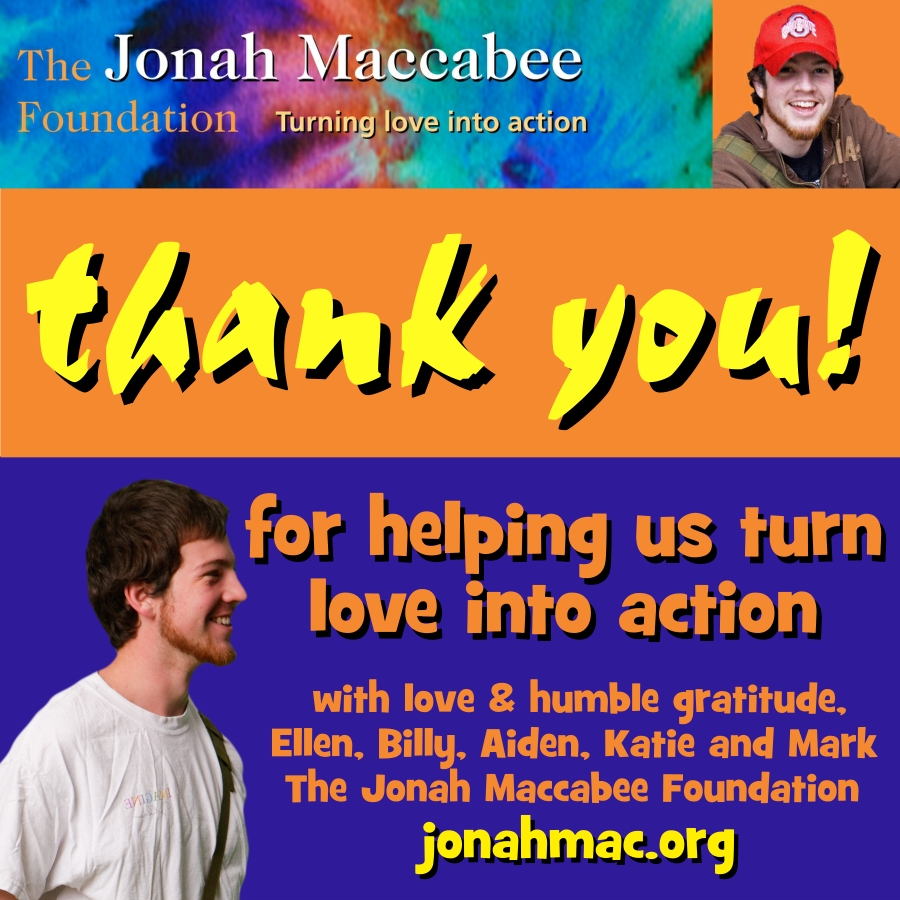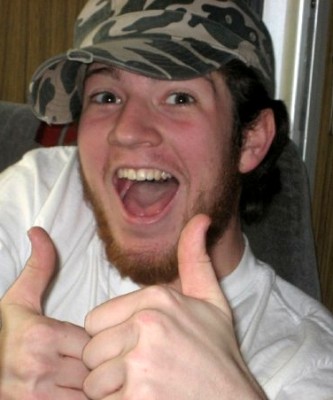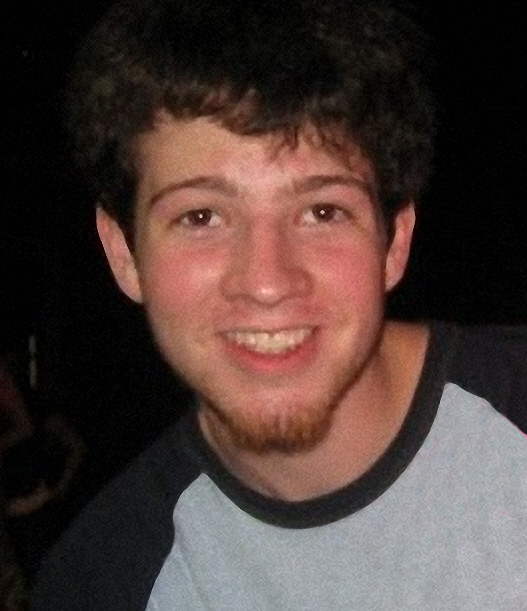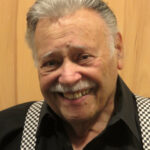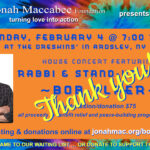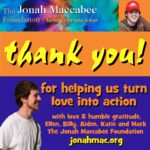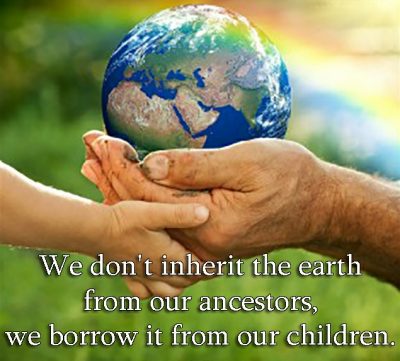 Dear friends,
Dear friends,
We thought you might like to know how we’ve been spending the money you donated to The Jonah Maccabee Foundation.
Here’s the rundown of the grants we’ve made so far during 2022:
- IsraAid … supports Ukrainian refugees in Moldova and supplies humanitarian aid to southern Ukraine
- Thompson Island Outward Bound Education Center … provides free outdoor educational programming to low-resourced communities in the Boston Public Schools
- The Penguin Project … provides theatrical outlets across the country for young artists with developmental disabilities, joined onstage by children without disabilities who work side-by-side through rehearsals and performances
- United Negro College Fund …awards more than 10,000 students scholarships annually, and provides financial support to 37 historically black colleges and universities
- “Songleading: A Work of Art” … the Foundation has underwritten this important book that promotes the training of a new generation of capable, effective leaders of communal singing.
- The PICO Union Project … distributes free, fresh produce, mentors high school students, plants gardens and trees, and provides art programs to lift the minds and spirits of the immigrant communities living in the El Pueblo district in Los Angeles
- The Florence Immigrant & Refugee Rights Project … provides free legal services to men, women, and unaccompanied children in Arizona who face immigration removal proceedings, endeavoring to ensure each immigrant has access to counsel, understands their rights under the law, and is treated fairly and humanely
- Harmony Project … provides no-cost, high-quality music instruction and social support to underserved children in low-income communities, motivating them to cultivate their human potential
- The Reform Movement’s Racial Justice Campaign … combats voter suppression, addressing systemic racism by demanding policy change on both a state and federal level
- Young Center for Immigrant Children’s Rights … advocates for the rights and best interests of immigrant children, from custody and release to the ultimate decision about whether the child will be allowed to remain in the U.S.
- Play Group Theatre … “preparing kids for every stage in life,” PGT understands that the show isn’t what’s most important when kids do theatre. Learning collaboration, sharpening listening skills, embracing creativity, and treating one another with honor … these are what PGT is all about. We love that!
- National Diaper Network … provides basic necessities required to build the strong foundations all children, families, and individuals need to thrive and reach their full potential
- 6 Points Creative Arts Academy … a summer camp that strives to create holistic, meaningful experiences for young artists in a living laboratory for learning and performing
- The Tali Fund … in memory of Talia Faith Agler, supports Tali’s ongoing work and dreams, helping fund the Talia Agler Girls Shelter in Nairobi, Kenya
- 52nd Street Project … creates and produces new plays for, and often by, kids ages 9-18 who reside in the Hell’s Kitchen neighborhood of New York City
- Lifting Up Westchester Summer Camp … gives children who are experiencing homelessness in Westchester County, New York, a safe space filled with fun and games, plus literacy activities that help them retain the past year’s school lessons, preparing for success when the new school year begins.
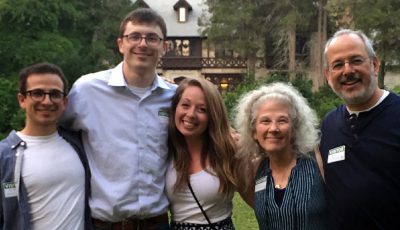
We hope you feel as good about these grants as we do. Thank you so much for supporting us. We’re grateful to have you with us as we carry forward Jonah’s legacy — his zest for living and his passion for goodness — and, together, work to improve the lives of young people everywhere.
Wishing you every goodness,
Ellen, Billy, Katie, Mark and Aiden
The Jonah Maccabee Foundation

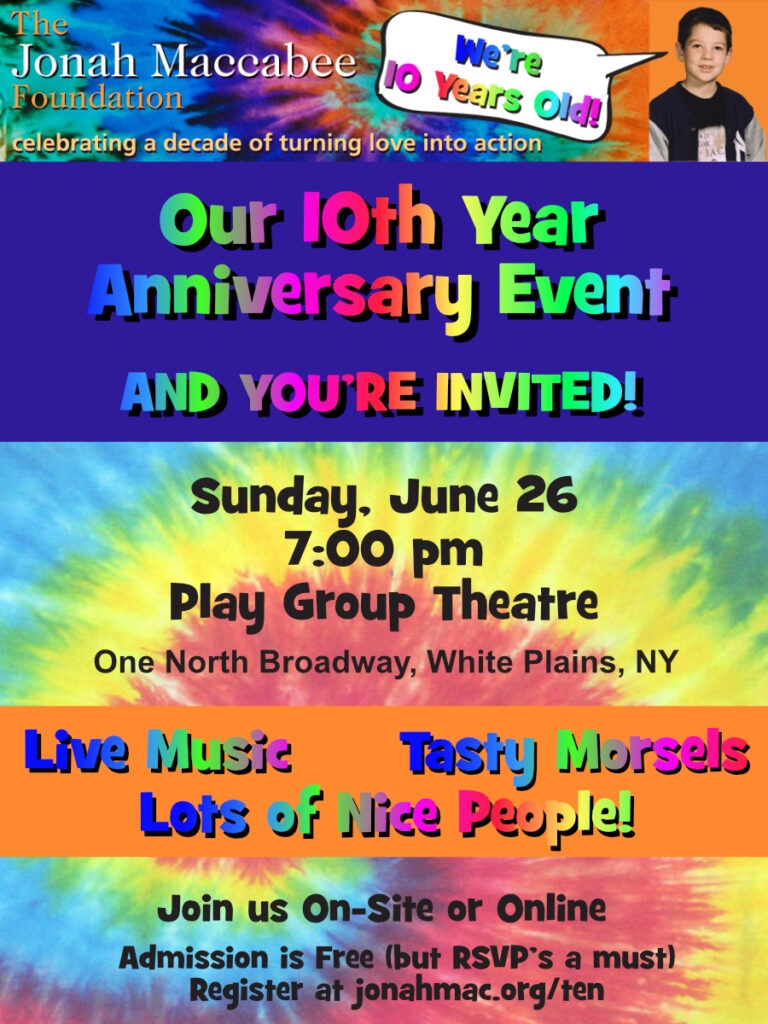
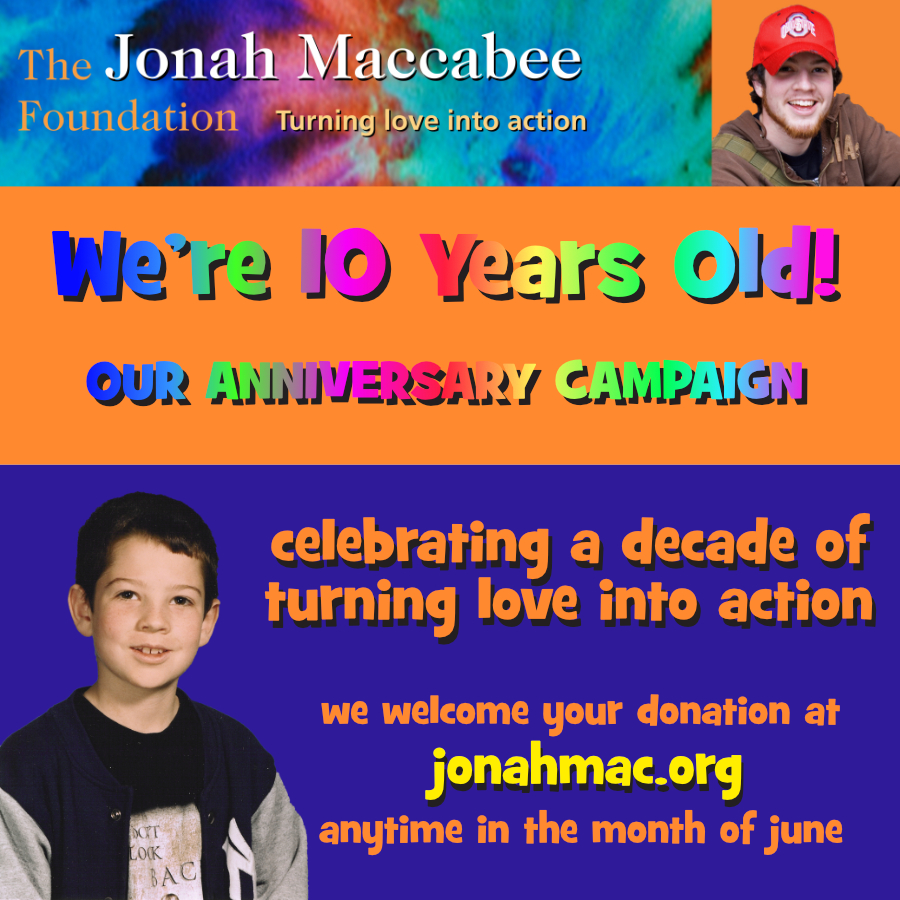


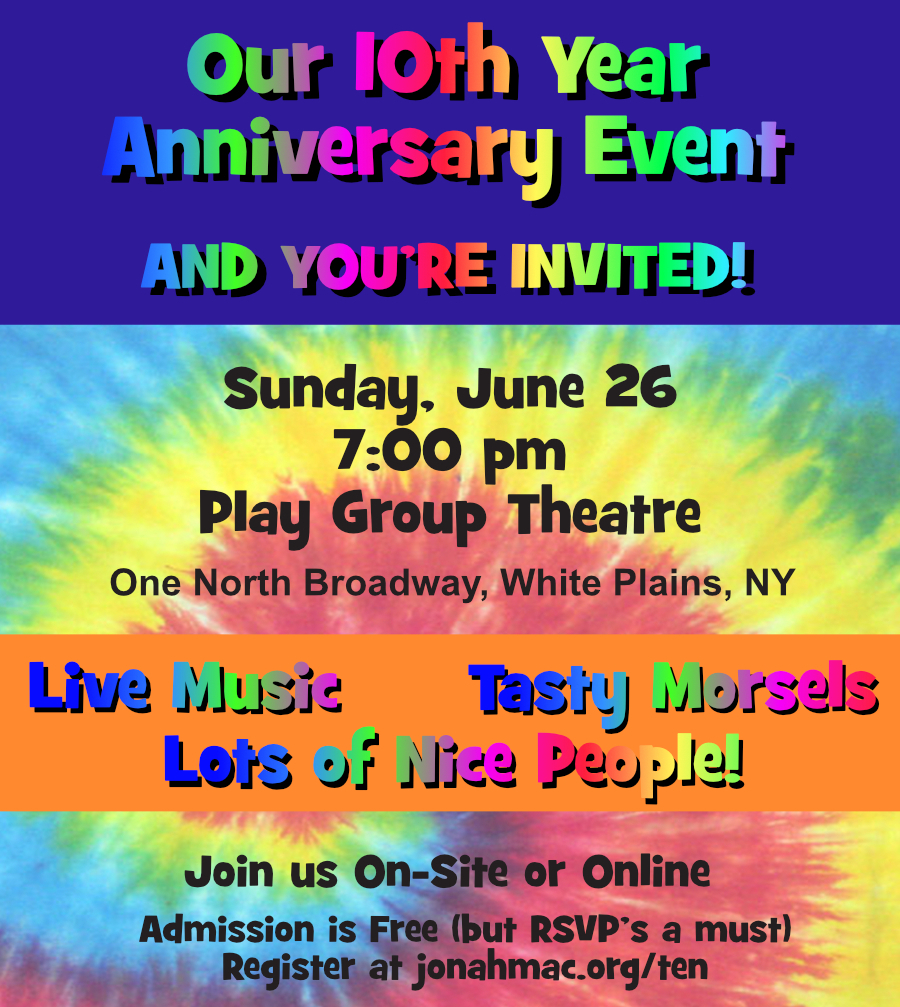


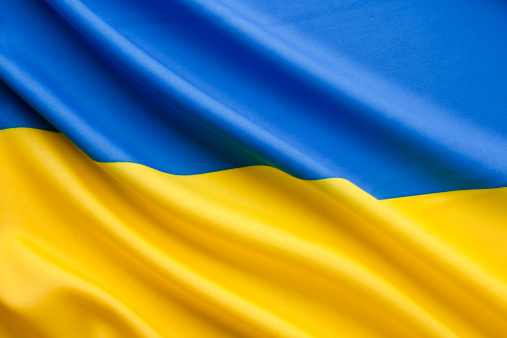
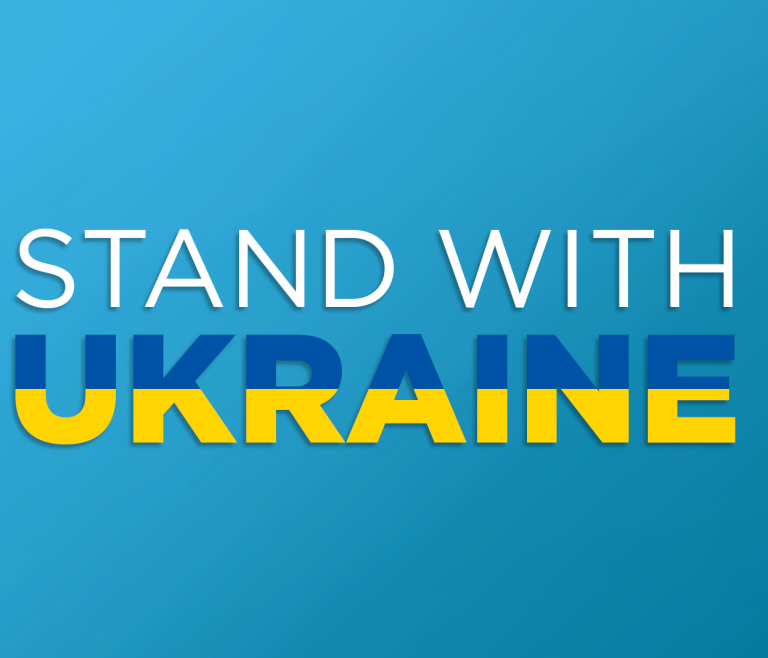
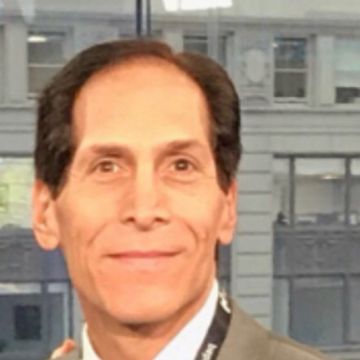
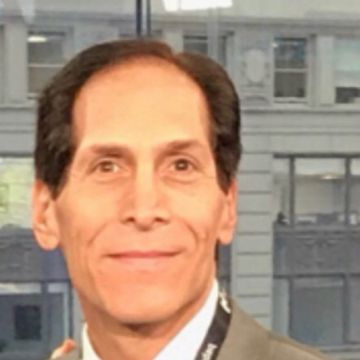 The NY Alliance — an organization of New York City business owners, c-level executives, firm partners, and senior level decision makers who are committed to fellow leaders’ growth, success, and happiness — announced that Evan Friedman (a longtime friend and partner to the Dreskin family) has been named recipient of the Roy Hoffman Pay It Forward Award, named in memory of Roy Hoffman as a reflection of Roy’s giving nature and commitment to the Alliance.
The NY Alliance — an organization of New York City business owners, c-level executives, firm partners, and senior level decision makers who are committed to fellow leaders’ growth, success, and happiness — announced that Evan Friedman (a longtime friend and partner to the Dreskin family) has been named recipient of the Roy Hoffman Pay It Forward Award, named in memory of Roy Hoffman as a reflection of Roy’s giving nature and commitment to the Alliance.